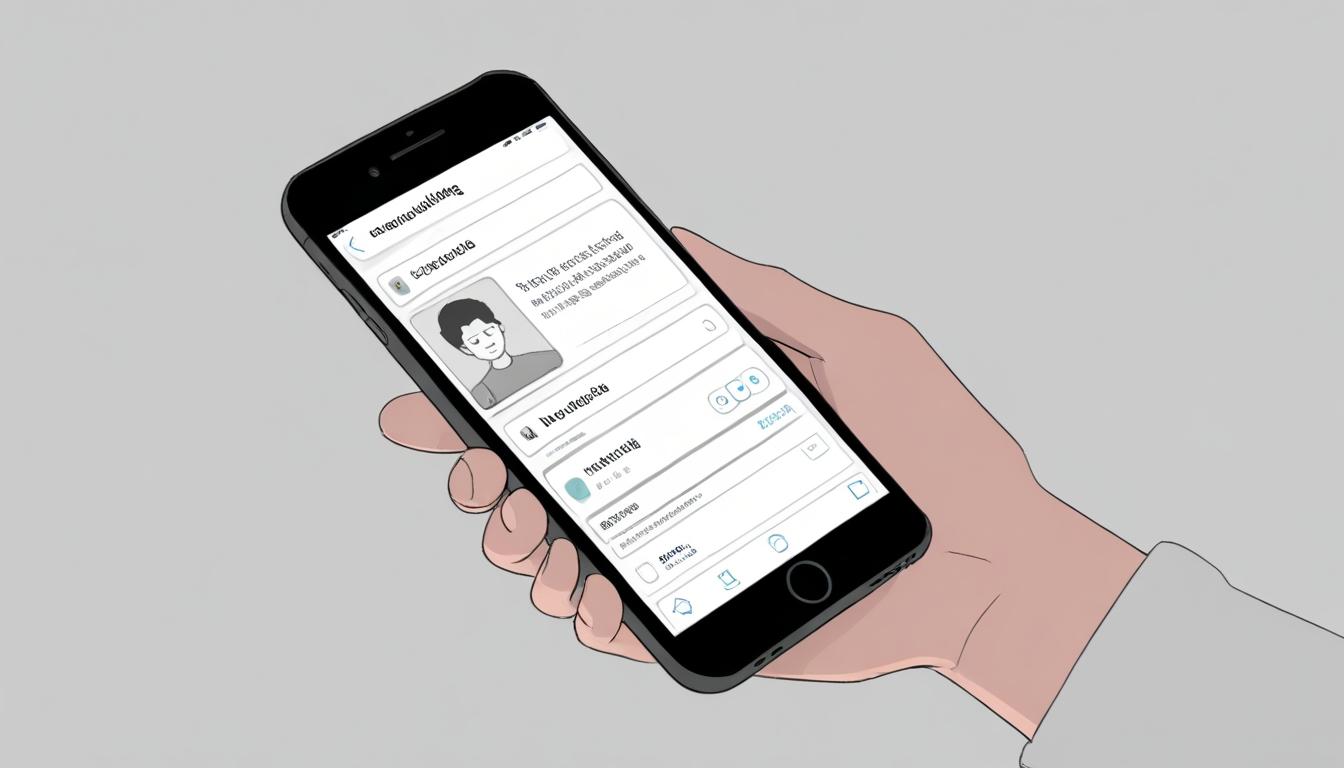Dr Kaitlyn Regehr, an associate professor at University College London and a prominent figure in the realm of digital literacy, has put forth recommendations aimed at helping consumers manage their online media consumption effectively. In her forthcoming book, Smartphone Nation: Why We’re All Addicted to Screens and What You Can Do About It, slated for release on 15 May, she advocates for specific strategies, including 'greyscaling' and 'algorithmic resistance', as means to refine one’s digital habits.
Greyscaling involves switching a phone’s display from colour to shades of grey. Regehr asserts that this method can significantly alter one’s perception of digital content, reducing the engagement levels driven by vibrant colours and images. “Turning your phone to greyscale is one of the quickest and easiest ways of understanding the impact of colour and images on our user experience,” she notes. She provides users with resources available on Google Help for Android and Apple Support for iPhones to facilitate this adjustment.
In addition to greyscaling, Regehr introduces the notion of algorithmic resistance, which encourages consumers to take ownership of their social media feeds. By dedicating time each week to curate and select desired content actively, users can mitigate the passive consumption often perpetuated by algorithms. “When I was concerned about my family’s digital diet … I struggled to know what guidance to use," she explains in her book. “I created something to help myself and my family navigate the digital terrain. I thought of myself as a digital nutritionist.”
Regehr's efforts come in a broader context where the detrimental impact of social media on children has sparked considerable debate. While she supports initiatives such as bans on smartphones in schools—an approach recently endorsed by a national survey revealing that 99.8% of primary schools and 90% of secondary schools in England have implemented some form of restriction—she warns that these measures alone may not suffice. In an interview with The Guardian, she stated, “My fear is that when you implement a ban, it can let schools and legislators off the hook because they think the job is done.”
The educational materials accompanying her book aim to empower families and equip them with the necessary skills to navigate the digital landscape thoughtfully. “We do need to provide them with education about how these things work,” she asserted, highlighting the importance of critical thinking about technology use.
Regehr's motivation is rooted in her role as a mother, as she dedicates her work to her two young daughters. She reflects on the need for cultural change in attitudes towards technology, aiming for future generations to perceive this era of digital dependency similarly to how previous generations viewed smoking in certain social contexts. “This is the biggest threat to their health and wellbeing, and it’s something that I want to tackle, and I believe we can see a cultural change. People just need the information,” she emphasised.
As the discussion around digital literacy and health continues to evolve, Regehr's insights provide valuable strategies for both parents and children to cultivate a healthier relationship with technology.
Source: Noah Wire Services
